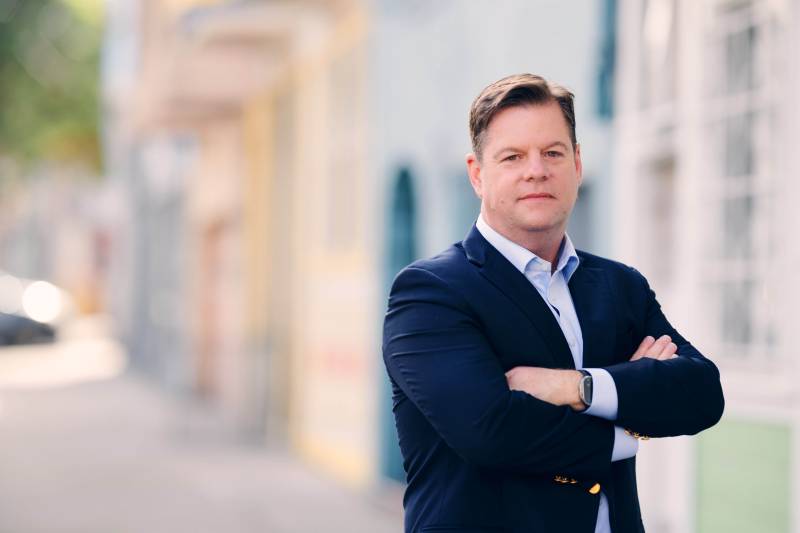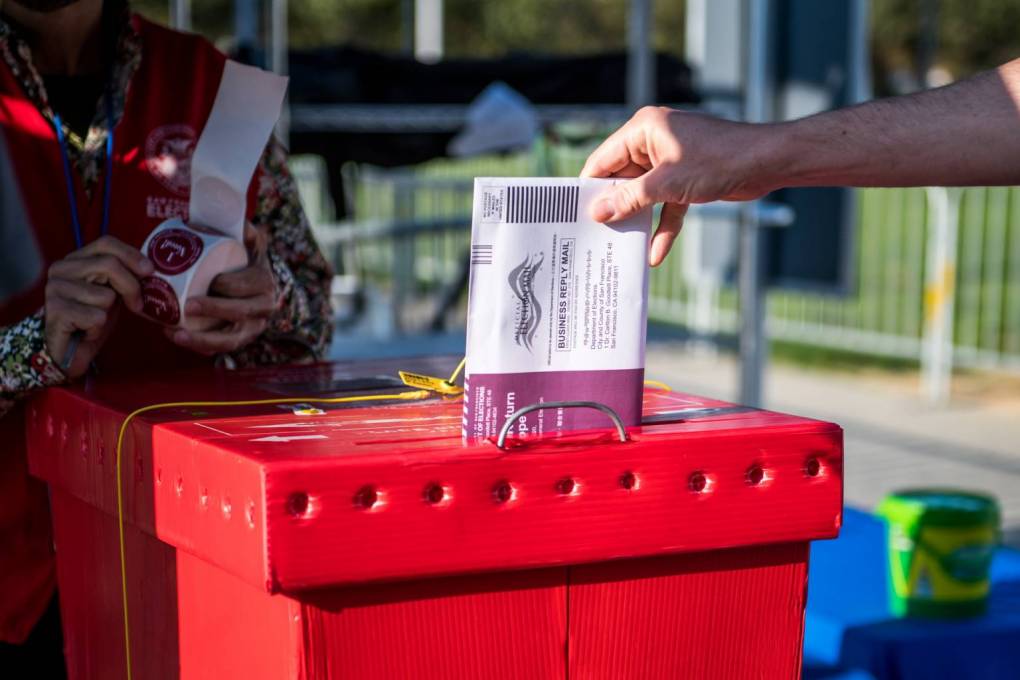“It was a coup,” she said.
Farrell contends his time as mayor was more successful than Breed’s.
“Mayor Breed has a great personal story. We should all acknowledge that,” he said. “But after nearly six years in city hall as mayor, she also has a track record now. And more importantly, a track record of failed leadership — manning the ship as it’s gone down.”
During his time as mayor, Farrell authored an $11 billion city budget, which increased funding for supportive homeless services, like the once-controversial homeless navigation centers, as well as the Homeward Bound program, which helps send homeless people to live with loved ones across the country. The budget included funding to hire 250 police officers but also more than $7 million for criminal justice reform measures like a pilot program to divert criminals from jail before trial.
The diversion program would be a controversial funding measure in today’s political atmosphere, where groups like Stop Crime Action are running candidates against the San Francisco Superior Court judges they have accused of not being tough enough on alleged criminals.
Much like Breed, Farrell clashed with progressives on the Board of Supervisors during his tenure as mayor. The board rejected his two appointments to the San Francisco Police Commission, accusing them of being too cozy with the San Francisco Police Officers Association, the union representing officers.
Farrell’s most controversial moments as mayor came as he began his tenure. In February 2018, a letter written by a partner of Farrell’s at the investment firm Thayer Ventures leaked.
“We are incredibly excited about this development, both because we believe Mark’s role as Mayor of San Francisco (as short as his term will be) will inure to the long-term benefit of Thayer Ventures,” wrote Thayer partner Chris Hemmeter, in a confidential memo, according to ABC 7 news.


